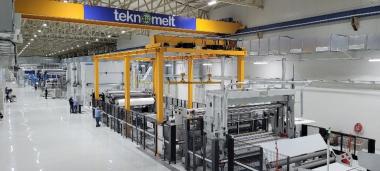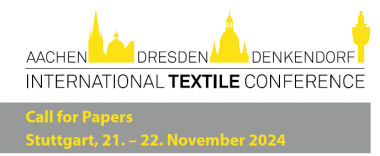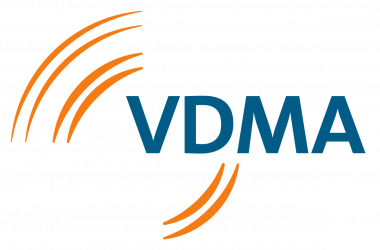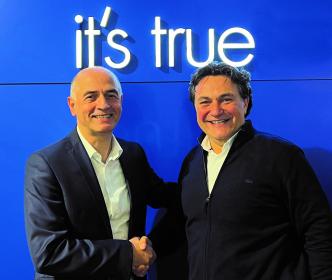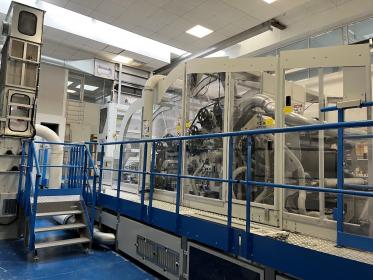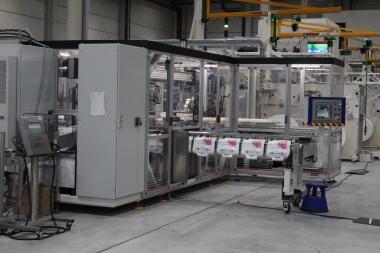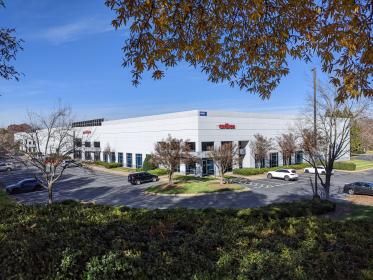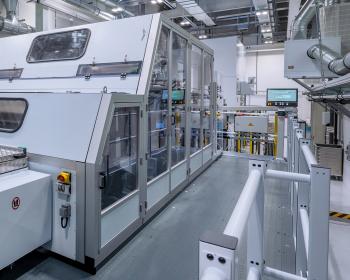ANDRITZ: Needlepunch line for heavy fabrics
International technology group ANDRITZ has received an order from Sioen Technical Felts to supply a complete needlepunch line for its production plant in Liège, Belgium. The new line will enable Sioen to produce heavy fabrics in a single step.
Sioen’s Liège plant specializes in the production of technical fabrics used mainly in industrial applications such as pipe lining (CIPP), acoustics, and filtration. The ANDRITZ equipment will allow the customer to produce fabrics of more than 3,500 gsm in a single step, using different types of fibers (recycled PET, OxPan, bicomponent,…) and finenesses. Normally two or three layers have to be needled off-line in a second step to achieve such a fabric weight.
The single-step process results in a higher quality end product by minimizing the risk of delamination, i.e. the separation of layers during use. It also increases productivity by reducing the need for fabric handling.
The ANDRITZ DF-4 needleloom, which can operate in double and single stroke modus, gives Sioen high flexibility to process fabrics with different mechanical charasteristics. Operators can easily switch modes via the remote-control touch screen. The line will be equipped with ANDRITZ’s latest fabric weight profiling technology, ProWin™, to ensure maximum weight evenness.
Start-up of the new needlepunch line is scheduled for Q1 2025.
ANDRITZ AG








